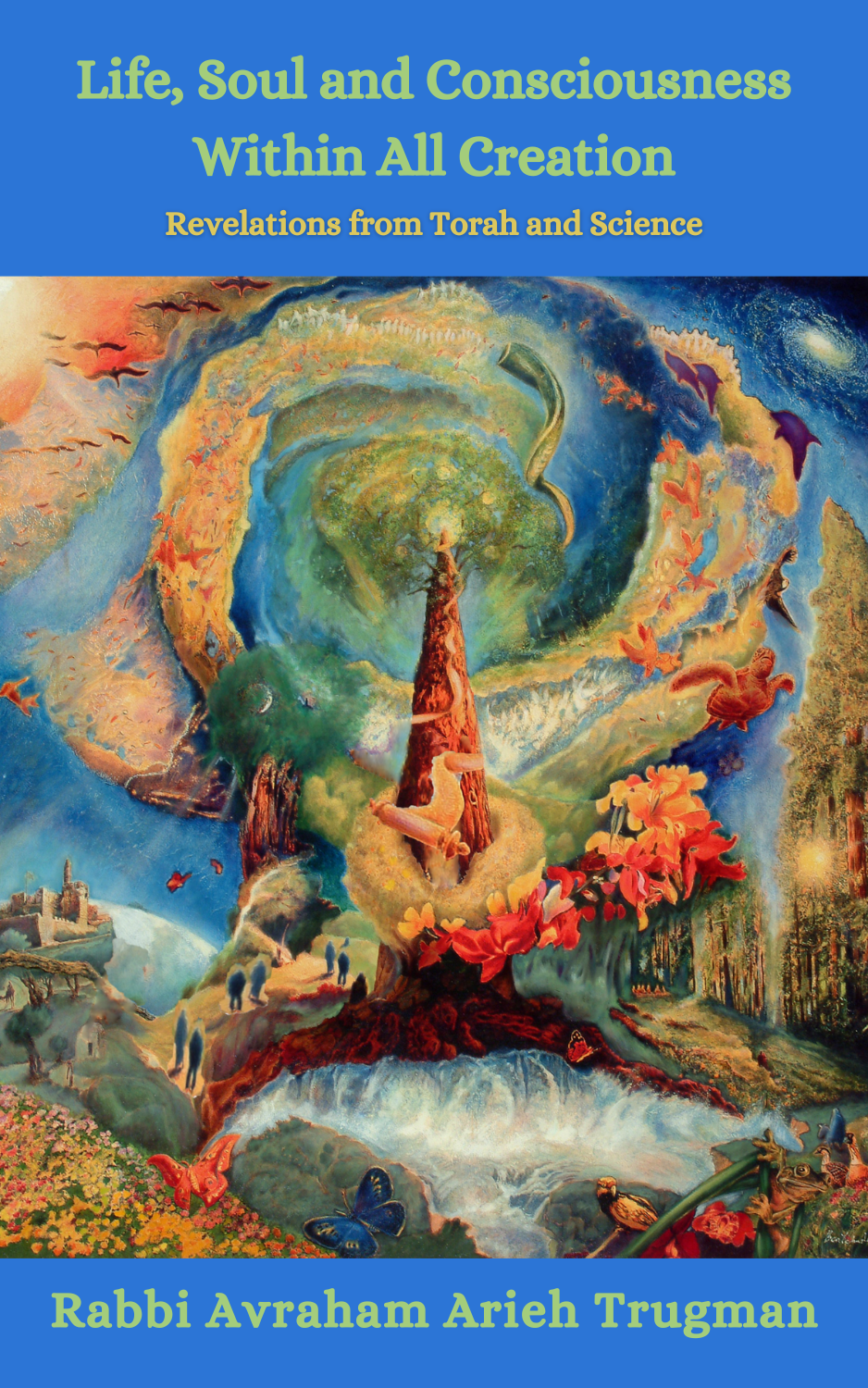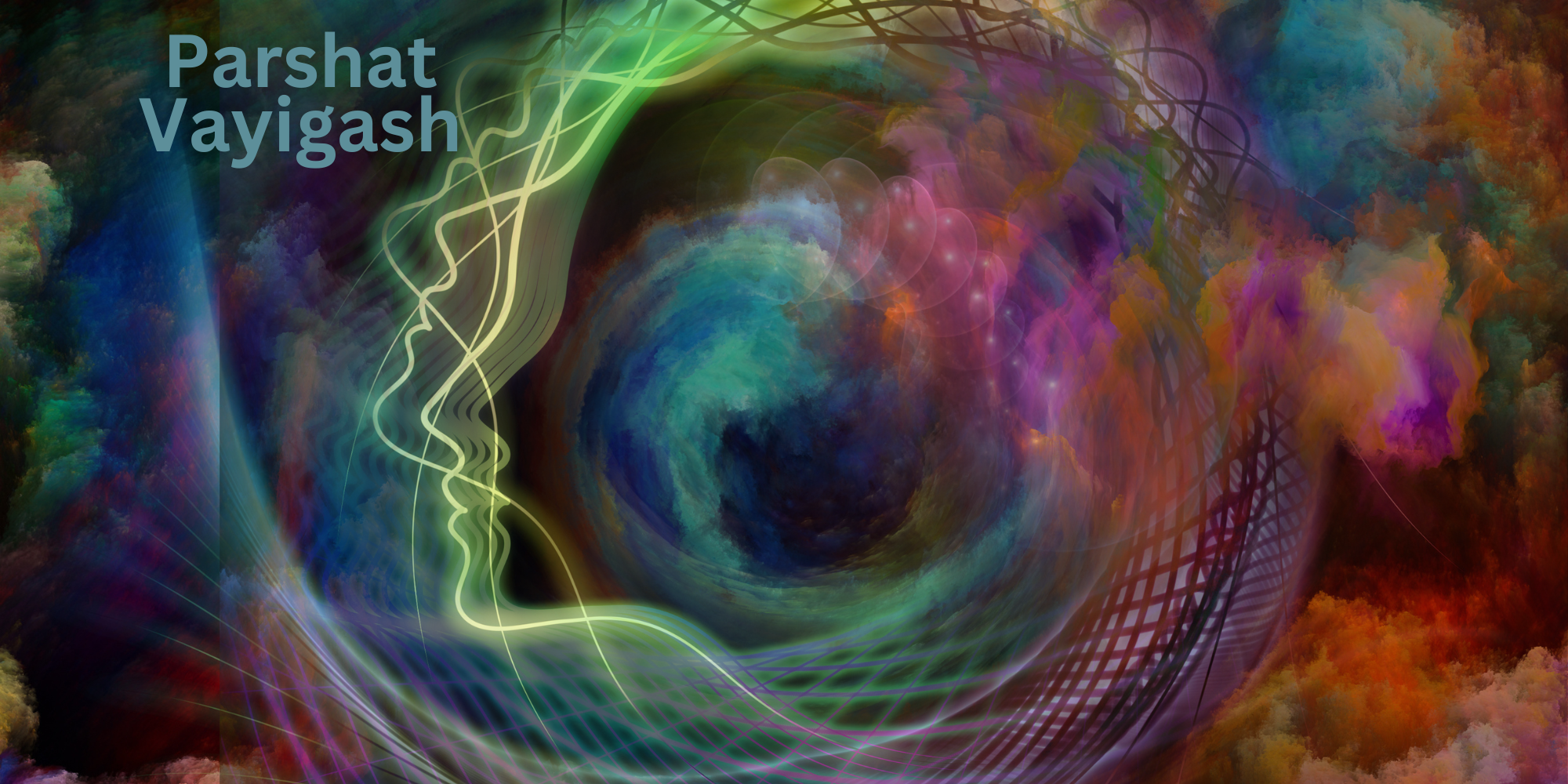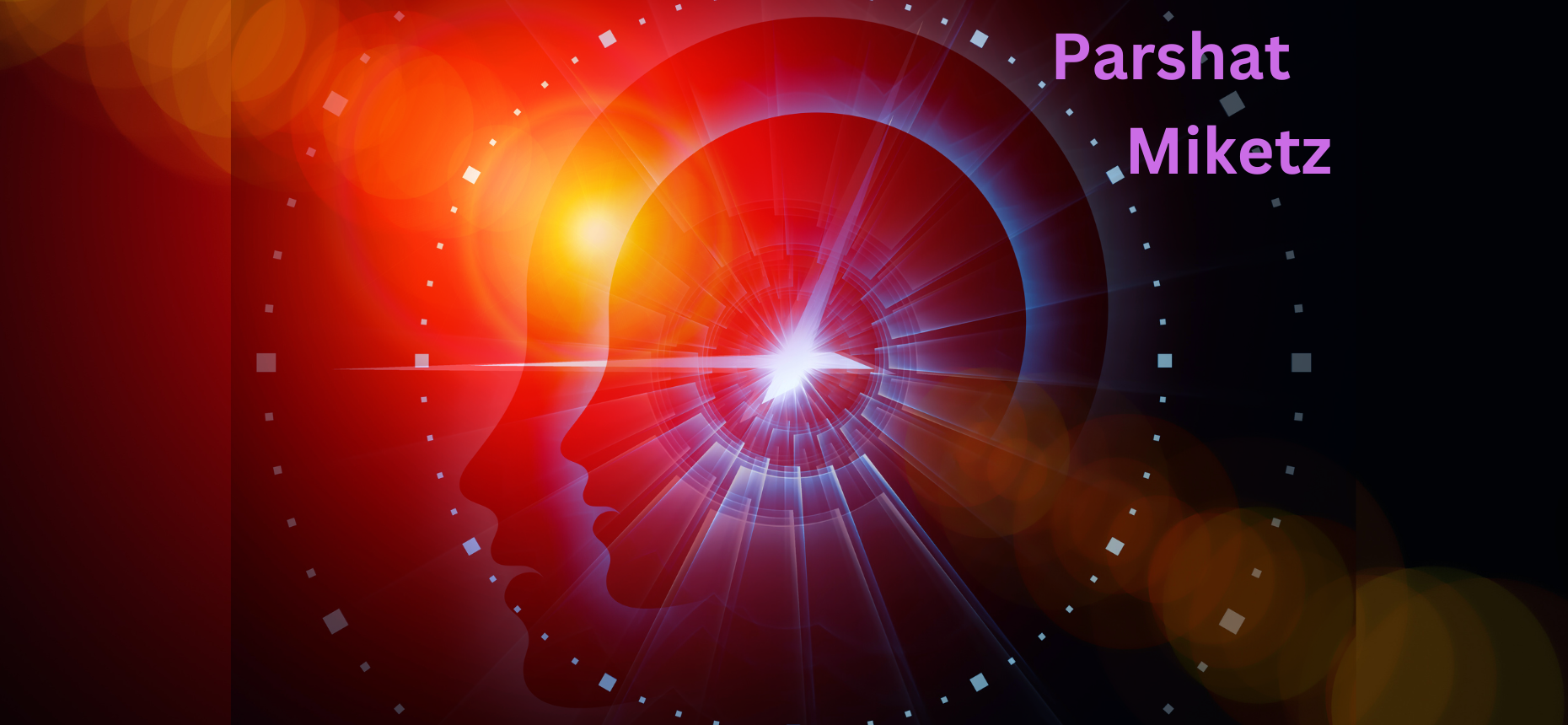A Joint Project of Ohr Chadash and InwardNews.com
Once again terrorism has struck. This time in France – tomorrow some other place, God forbid. There are two types of tragedies. The first is when events occur that defy reason and leave us in the dark as to their cause such as seemingly random accidents or acts of nature. A second is when the reasons are clear and unambiguous but, nevertheless, they still leave us wondering why.
The Charlie Hebdo shootings fall squarely in the second category as the murderers broadcast their reasons when they shouted “The prophet is avenged.” The reasons for the murder spree and the world view behind it are all too clear.
How then do we respond to an event such as this? And the bigger picture, how do we, in our world of constant news flashes, Facebook messages, Tweets and text messages process one headline and packet of information after another without becoming completely numb and overwhelmed?
Focusing Our Thoughts
I would propose that meditation is a possible and potent answer to an almost ADHD driven lifestyle that is taking hold all around us. But unlike the way it is perceived, Jewish meditation is much more than sitting silently with eyes closed to achieve a sense of inner peace. While the search for inner calm has value, Jewish meditation also assumes a surprisingly wide variety of modes and forms. When a person, for example, focuses all his or her energy and concentration upon Torah study, music, dance, art, nature or prayer, these real-world interactions and activities become potent vehicles for meditation.
The primary word for meditation in Hebrew is hitbonenut, from the root binah, “understanding,” and boneh, “building.” The purpose of Jewish meditation is to build new understandings and attain new insights about God, the world, the Torah, and ourselves. With each new insight comes additional spiritual light. Yet meditation – or mindfulness in today’s modern parlance – transcends the spiritual realms and can be a very useful and practical tool for dealing with the nitty-gritty challenges of the material world we live in.
In essence, Jewish meditation is focused thought and can also be merged with introspection and contemplation in an effort to integrate seemingly disparate thoughts and ideas. But when we jump from one media stimulus to the next we lack the focus and ability to integrate, gain insight, and come to meaningful realizations from the events taking place around us.
Responding with Compassion
When reacting to tragedy it is quite natural to feel empathy and compassion for the victims. But is this enough?
In Rabbi Yitzchak Ginsburgh’s book Awakening the Spark Within: Five Dynamics of Leadership That Can Change the World, he lists the power of compassion to inspire as the third of the five dynamics. In that section he explains the intrinsic connection between compassion and inspiration and how each of these qualities has the power to arouse the other. In defining compassion in a Jewish sense he clarifies that compassion without concrete action is not compassion at all; compassion must be translated into action – inspired deeds that lead to positive actions – into order to qualify as compassion.[i]
True Compassion = True Actions
We began by discussing meditation because to respond compassionately take focus; focused glimpses into the situation. To say it simply, in order to live a life of purpose we must take the time to contemplate life; to ponder the events around us according to their personal and global meaning and to meditate in a way that leads to new insights and ultimately concrete action.
Despite the trauma of the event the editors of Charlie Hebdo have taken a courageous stand – for next Wednesday’s edition they will be printing over twenty times more copies than usual. To take such action takes courage and should inspire us all to increase at least twenty-fold our efforts to promote the free expression of truth in this world. Thus the concrete and practical suggestion for this article is that we must today as individuals and societies stand up to the fanatical world view that encourages violence and brutality with the light of Torah, and the truth of compassion coupled with action.
A Joint Project of Ohr Chadash and InwardNews.com
[i] Rabbi Ginsburgh teaches further that there are three levels of compassion everyone should attempt to emulate. The first is compassion on every soul that descends from the soul’s pristine abode above to this lowly world, full of limitations, challenges and trials. Next one should feel empathy and compassion on the people of Israel who have suffered so greatly as they struggle to progress from a state of exile to ultimate redemption. Finally each person should feel deep compassion for the exile of God’s Presence and his pain and disappointment in what mankind has done to the world He created for them (See Awakening the Spark Within; pp. 68-69).







